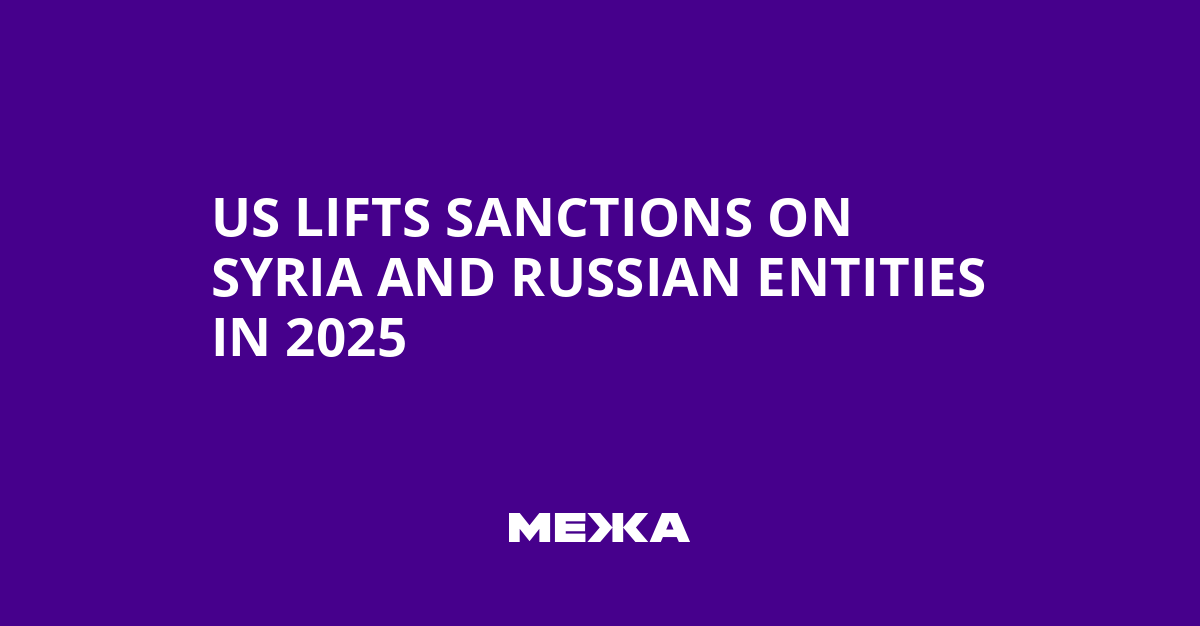On July 1, 2025, U.S. President Donald Trump decided to lift some of the sanctions imposed on Syria. This led to the removal of several Russian banks, companies, and individuals from the “blacklists.” The relevant information was released by the U.S. Department of the Treasury’s Office of Foreign Assets Control (OFAC).
Among those who benefited from the sanctions relief was Kirsan Ilyumzhinov – former president of the International Chess Federation (FIDE) and ex-head of the Republic of Kalmykia, who was accused of supporting Bashar Assad’s regime in 2015. Restrictions on his bank, Russian Financial Alliance, were also lifted.
Additionally, sanctions were removed from Tempbank, which lost its license in 2017, as well as from some of its executives and members of the supervisory board. The relief also affected Mir Business Bank and RFK-Bank.
The list of companies with lifted sanctions included Promsyrieimport (under the Russian Ministry of Energy), Global Concepts Group, Maritime Assistance, and STG Logistic. The sanctions relief also extended to the state-owned company Rosoboronexport, which handles arms exports and imports and is part of the state corporation Rostec.
It is worth noting that on June 30, Trump signed an executive order lifting sanctions imposed on Syria back in 2004. These restrictions ceased to apply as of July 1, which, according to the president, aims to support stability and peace in the country.
Sanctions Relief: Context and Consequences
On January 6, the United States, following the fall of Bashar Assad’s regime, lifted sanctions and temporarily allowed a range of financial operations with Syria’s new government.
On February 24, the European Union decided to suspend restrictive measures targeting key sectors of Syria’s economy.
On May 28, the EU Council approved legal acts that lifted all economic restrictions on Syria, except those related to security issues.
This decision formalized the political course announced on May 20, 2025, and aims to support the Syrian people in the process of reunification and rebuilding a new, inclusive, pluralistic, and peaceful Syria, as stated in the EU Council’s release.
